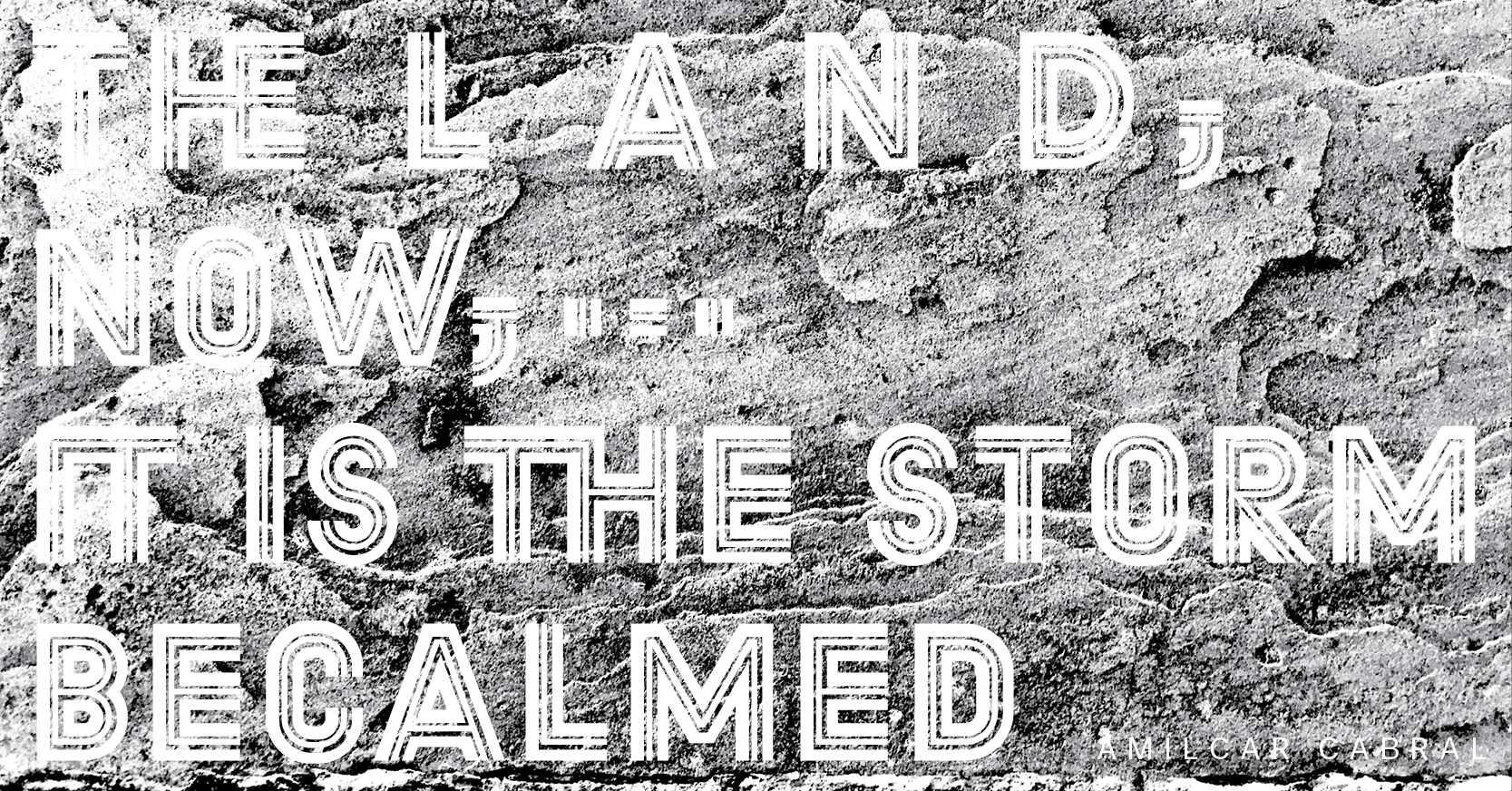What else burns when the Amazon burns?
CONVERSATION 22.09.2019 17:00
WITH Alessandra Munduruku, Vandria Borari, Barbara Marcel and Camila Nobrega
Language English
Starting with the question "What else burns when the Amazon burns?" that was raised by the urban quilombola farmer and researcher Silvia Baptista from Rio de Janeiro in a recent visit to Berlin, this conversation proposes a closer look at the situation of the Amazon to complicate the international public debate with the situated perspectives of invisible cosmologies. Alessandra Munduruku, one of the key figures and main references in the Brazilian indigenous movement for women today, will focus on the ongoing narratives about social-environmental conflicts and current struggles in Brazil: not only for the right to land, but for the right to livelihoods and community practices. From a local-global perspective the aim is to discuss asymmetries of power related to land rights and, simultaneously, to the production of discourses.
The event is a continuation of the project Situated Knowledge/ Global Ecologies: A Collaborative Walkshop Ramble, initiated by the artist Barbara Marcel and the journalist Camila Nobrega. The project brings together academic researchers with environmental activists, journalists and artists, for an experimental format of knowledge exchange. The main themes are guided by different understandings of what has been called ecology and the global dynamics of knowledge production and narratives about the territories, seeking decolonial and antipatriarchal views. "What else burns when the Amazon burns?" is the last event in the public programme of SOIL IS AN INSCRIBED BODY at SAVVY Contemporary, which opens up questions raised in the exhibition around sovereignty, visibility of struggles over land and collectively building living spaces of liberation.
ALESSANDRA MUNDURUKU is one of the main representatives of the indigenous people of the state of Pará (Brazilian Amazon Rainforest). She was the first female president of the Pariri Association, which is the main representative of 11 Munduruku communities in the Middle Tapajós river. Alessandra is a key reference among indigenous women in leadership positions across the country and currently attending a graduate course at the Law Department of the Federal University of Western Pará (UFOPA). Historically, the Munduruku are located in the Tapajós Valley, which was known as Mundurukânia before colonisation and until the 19th century. They are the most numerous indigenous people in the southern region of the state of Pará with about 14,000 registered individuals. They are currently looking for a guarantee for their territory, which is threatened, among other things, by logging, pressure of illegal activities from mines, agribusiness and hydropower projects planned for the river, such as the dam São Luiz do Tapajós.
VANDRIA GARCIA BORARI is a defender of indigenous rights and member of the human rights organization Terra de Direitos, a Human Rights organization working to defend, promote and seek enforcement of rights, especially economic, social, cultural and environmental rights. Graduated in Law from the Federal University of West Pará, Vandria is also a great ceramist of Tapajonic art and part of the Surara do Tapajós women's collective. The Surara collective has existed since 2016 and is composed of 30 women from 14 indigenous groups, who fight for autonomy and empowerment of indigenous women, to realize respect for the human rights of the peoples of the Lower Tapajós river.
BARBARA MARCEL is an artist, filmmaker and writer interested in the cultural roots of nature and the troubled heritage of colonial imagery. Marcel is graduated in Film Studies in Rio de Janeiro, holds a M.A from the Art in Context Institute, Universität der Künste Berlin (UdK) and is currently a PhD candidate at the Bauhaus-Universität Weimar as a fellow researcher of the Heinrich Böll Foundation. Her artistic research PhD investigates the essay film as a historiographical tool for decolonial thinking with and through images, focusing on issues related to the history of social-environmental connections between Germany and Latin America. Parallel to her individual research, she often collaborates with other artists, researchers and activists on projects resulting in visual and sound pieces, installations, lectures, publications and participatory workshops about ecological processes of thinking and practicing in times of environmental crisis and increasing social inequalities. In Berlin, she is part of the collective GIRA - Festival de Resistências, RefrACTa and Fórum Resiste Brasil.
CAMILA NOBREGA is a Brazilian journalist and researcher. She has published in different media vehicles, such as The Guardian newspaper (Global Development Professionals Network), O Globo, Le Monde Diplomatique, Canal Ibase, Nzinga Effect among others. In the last years, however, she has worked directly with community based communication and independent journalism, especially focused on social-environmental justice and Gender issues. The journalist is the initiator of the project "Beyond the Green" and a member of Intervozes, a collective on the struggle for media democratization and right to communication in Brazil. Camila is a PhD candidate at the Political Science department at Free University of Berlin, holds a scholarship of the Heinrich Böll Foundation and works with different communication languages, such as Text, Photography, Audio and Video.
With the support of FAOR's "Mothers d´água" project and the NGOs ASW and FDCL.
Soil is an inscribed body. On Sovereignty And Agropoetics is the second chapter of our longterm investigation THE INVENTION OF SCIENCE. The project is funded by Hauptstadtkulturfonds and the Foundation for Arts Initiatives. This event is partially realised with kind support from the Academy of the Arts of the World, Cologne, within the project Floraphilia: On the Interrelations of the Plant World, Botany and Colonialism, funded by the German Federal Cultural Foundation. Jonas Staal´s project Redistribute Toxicity, in the context of which Zayaan Khan’s seed collection workshop is taking place, has been made possible through financial support from the Mondriaan Fund.
Visual VENDO / SEEING. Land with burnt forest and „for sale“ sign. Photograph taken in 2017 on the road between Belterra and Fordlândia, region of the Amazon Forest, state of Pará, Brazil. © Barbara Marcel, 2017

